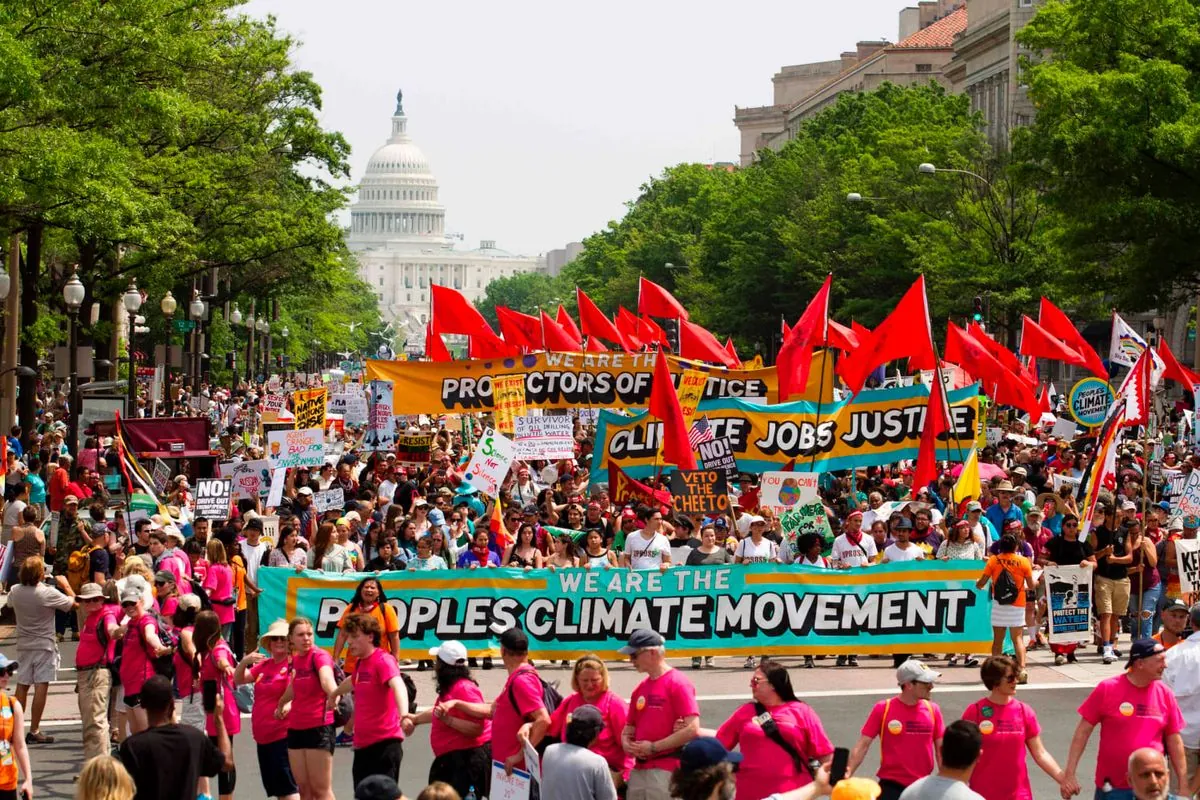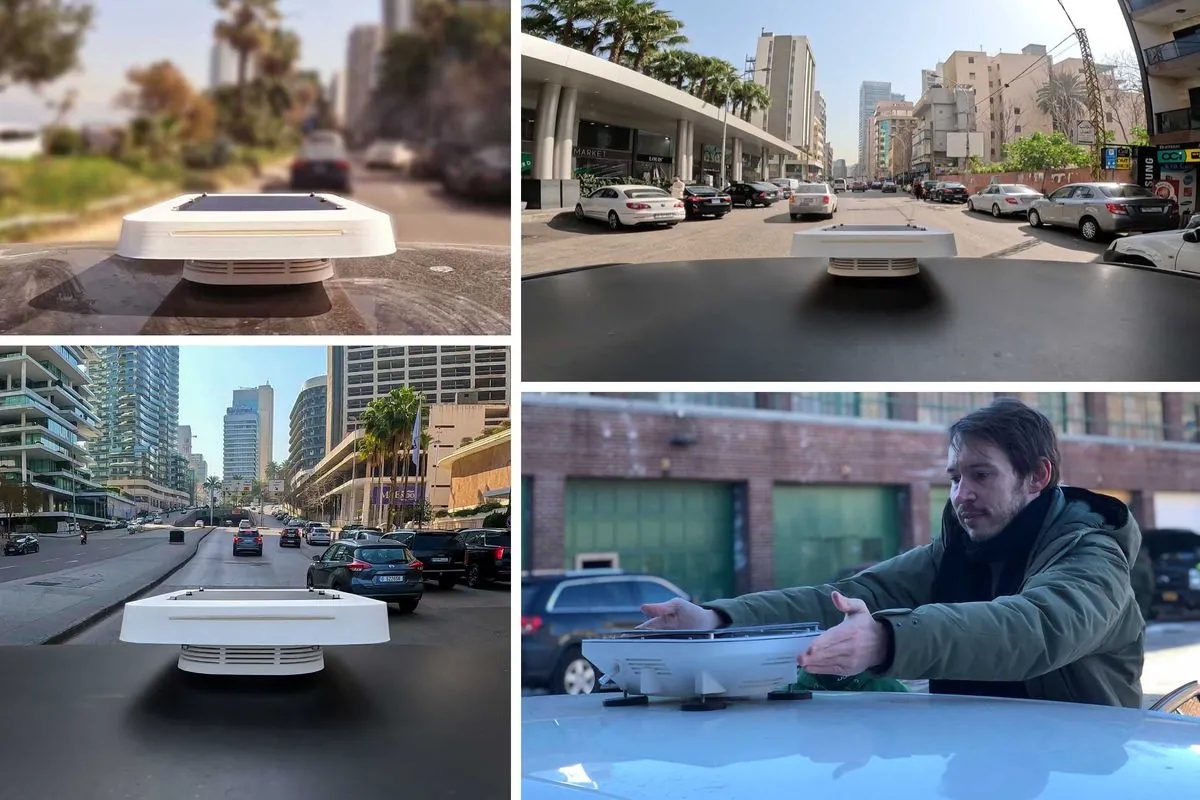Biden's Environmental Justice Push: Progress and Persisting Challenges
The Biden administration's environmental justice initiatives have made significant strides, but face ongoing challenges. Advocates praise increased funding and attention, while concerns about enforcement and technology choices remain.

In the years following World War II, Pleasantville, Texas emerged as a rare opportunity for Black families in Houston to purchase homes in a new community. However, this promise of a better life was soon overshadowed by environmental challenges. The construction of Interstate 610 and the growth of heavy industry nearby exposed residents to increased pollution and health risks.
This scenario exemplifies the environmental injustice faced by many marginalized communities across the United States. In response to these longstanding issues, the Biden administration launched ambitious initiatives to address the concerns of heavily polluted areas, often referred to as environmental justice communities.
To assess the effectiveness of these efforts, the Associated Press conducted interviews with approximately 30 environmental justice groups nationwide. These organizations have been working tirelessly, sometimes for decades, to clean up contaminated areas near their homes, including Superfund sites, petrochemical plants, and diesel-burning ports.
Many advocates acknowledged that the current administration has made unprecedented strides in addressing environmental justice concerns. Beverly Wright, director of the Deep South Center for Environmental Justice and member of the White House Environmental Justice Advisory Council, expressed surprise at the scale of financial commitment, stating:
"Once he was in office, he put money where his mouth was. I almost gasped when I saw the amount of money."
The administration's approach has included soliciting advice from affected communities, implementing stricter environmental protections, and allocating tens of billions of dollars in funding. One significant development is the distribution of federal grants to support local initiatives. For instance, Bridgette Murray's organization, Achieving Community Tasks Successfully, received funding to conduct air quality testing in Pleasantville.

The Inflation Reduction Act has played a crucial role in funding these efforts, providing resources for projects ranging from clean school buses to community cooling centers. The administration has also established offices of environmental justice and developed criteria for identifying disadvantaged communities to ensure targeted support.
Despite these positive steps, concerns persist among environmental justice advocates. Some argue that the administration's policies have not been sufficiently robust to dramatically reduce pollution and improve living conditions. Anne Rolfes, director of the Louisiana Bucket Brigade, criticized the EPA's enforcement approach:
"When you have an EPA that basically won't assert its authority, then a state like Louisiana that is wholly captured by industry can ignore the federal government. And that's what they do."
Another point of contention is the administration's support for carbon capture and storage technology. Critics argue that this approach may prolong the lifespan of polluting facilities without addressing the immediate health concerns of nearby communities.
The implementation of these initiatives faces additional challenges, including the complexity of navigating federal bureaucracy and the limited timeframe of the current administration. With the upcoming presidential election on November 5, 2024, the future of these environmental justice efforts remains uncertain.
As the Biden administration continues to work on these issues, the experiences of communities like Pleasantville serve as a reminder of the long-term nature of environmental justice challenges. Bridgette Murray emphasized the need for sustained effort:
"Unfortunately when it comes to solutions, we may not have the amount of time we really need to make the big improvements."
While progress has been made, the path to achieving true environmental justice for all communities remains a complex and ongoing journey.


































